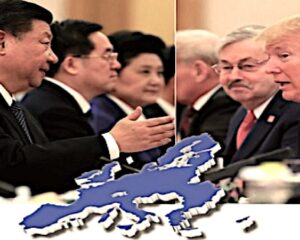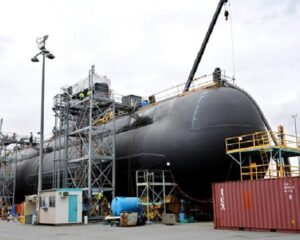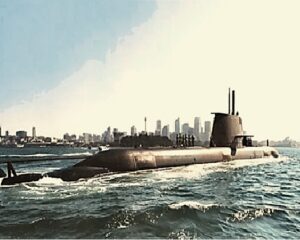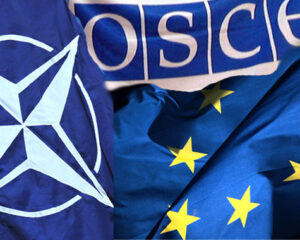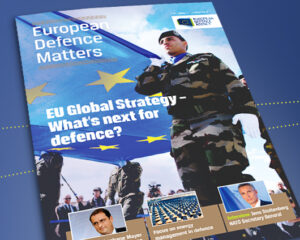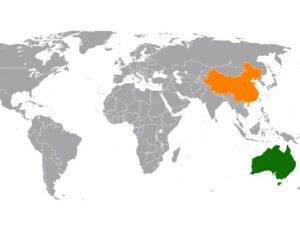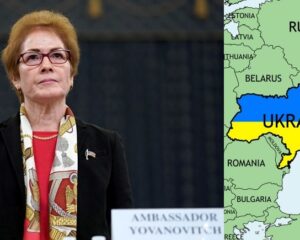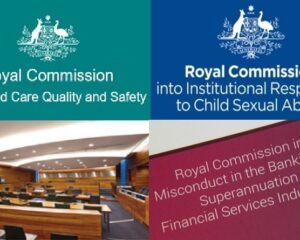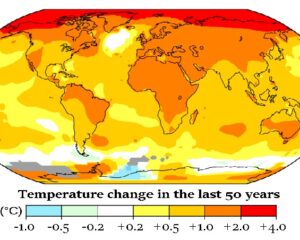The future international environment is now coming into focus. It doesn’t look promising. Government approaches to defence and human security will need to undergo a radical reassessment if they are to ameliorate the adverse effects. Global warming and population growth will be the weft and warp.
Responding to recent suggestions regarding the development of a greater capacity for government to respond to climate-related events, this article suggests that dealing with the impacts of global warming must not become sidelined by narrowly defining it as a national security issue.
Instead, advisors and governments need a greater capability to understand global warming science and to effectively translate it into institutions, actions and public understanding.
Read more
